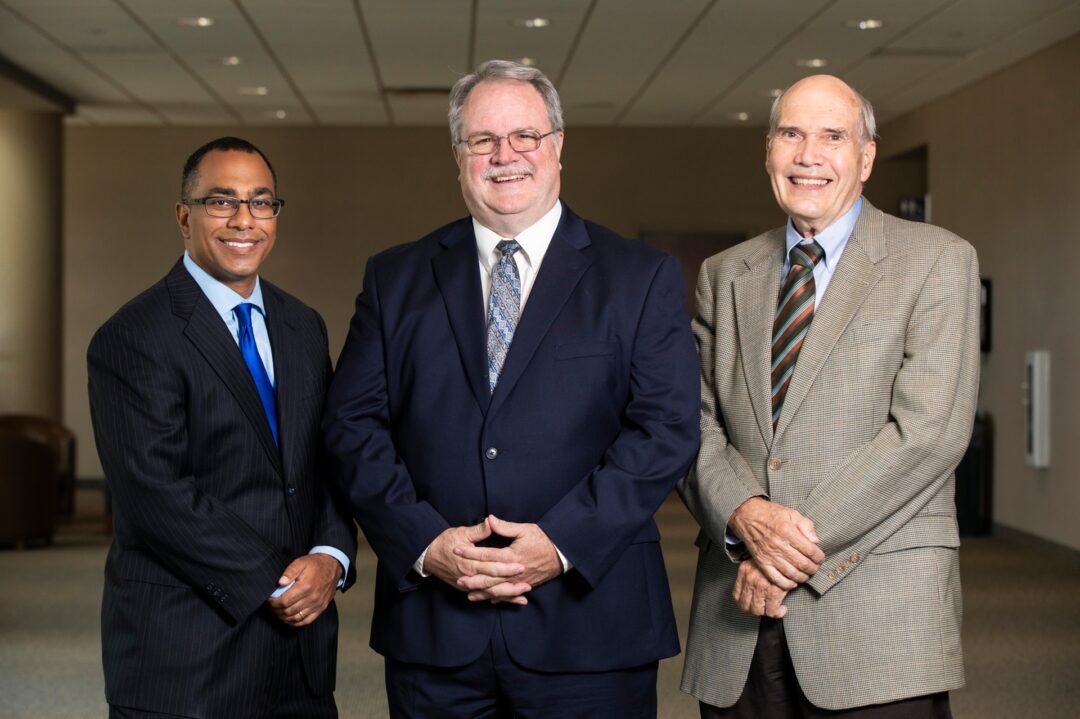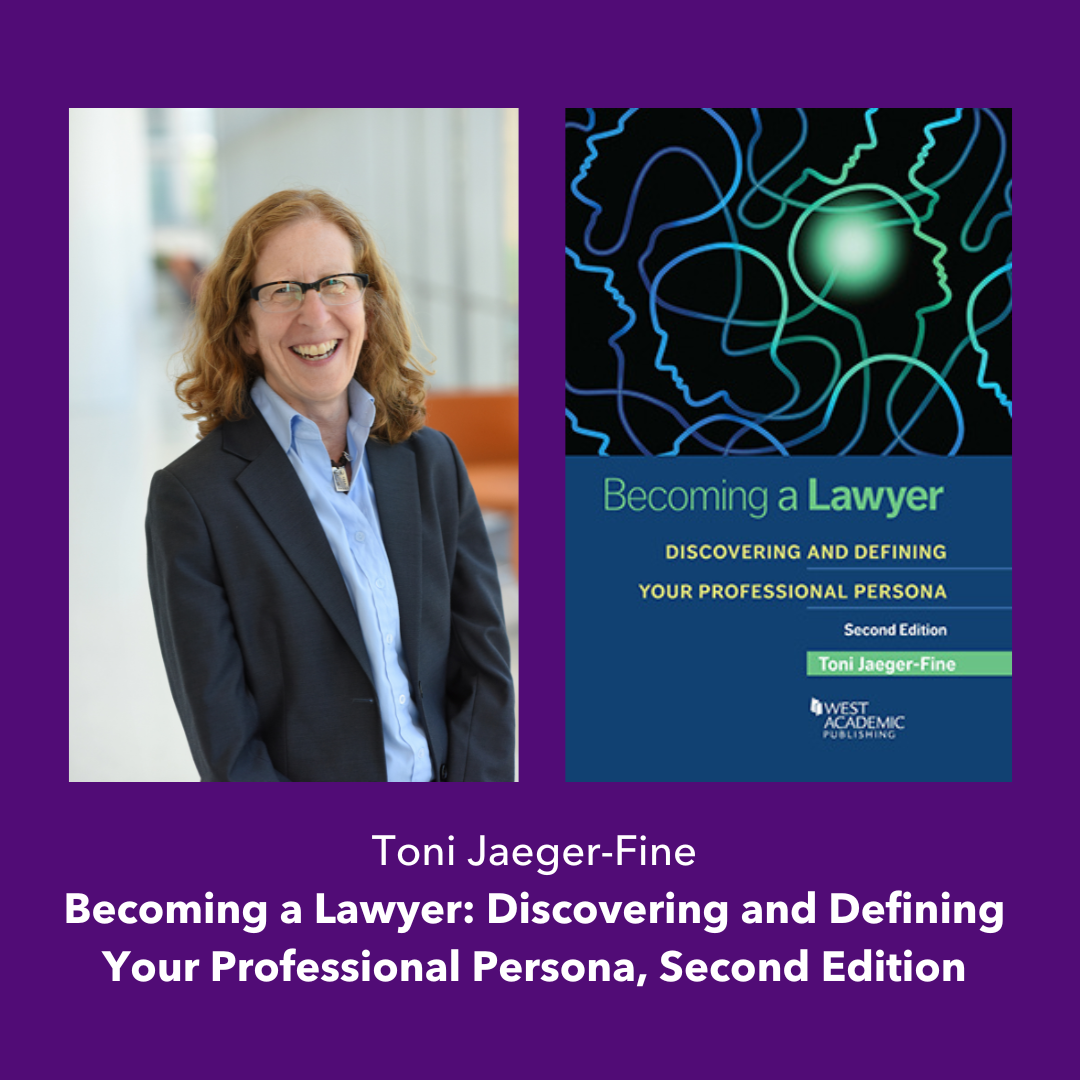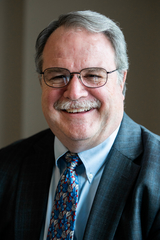By: Debra Moss Vollweiler, Professor of Law, Nova Southeastern University Shepard Broad College of Law [1]
Hi Barbie! In the wake of the blockbuster Barbie movie in the Summer of 2023, women are embracing—or reembracing—women’s empowerment, including what many are calling a newfound freedom to express femininity. Like many across the country, I headed back to the movie theater in the summer of 2023 to see if the Barbie movie was as fun and meaningful as I’d heard. I didn’t expect it to change the way I think and teach professional identity in law school.
Thanks to ABA Standard 303(b) all law schools should be focusing on the development of professional identity for their students.[2] According to the Holloran Center, professional identity education “should involve an intentional exploration of the values, guiding principles, and well-being practices considered foundational to successful legal practice.”[3]
Part of this exploration for students is helping them develop an accurate self-understanding of who they are and how their values guide them. But the exploration of professional identity for women has sometimes hit a speedbump. For many women law students, their system of values and principles that are connected to their gender and self-expression of that gender historically have been downplayed. In other words, even though professional identity education should be enabling students to fully examine who they are, what they value, and how that shapes their identity, some students are seeing that many women in the legal profession have had to keep key parts of their identity—as women—tamped down to fit into their professional environments. Such dissonance can be harmful to the professional identity development of women.
There are many obstacles to women discussing their gender as part of their professional identity. Some of these deterrents include:
- Imposter syndrome by women lawyers, stemming from male-dominated work environments;
- A lack of diversity (including gender) in leadership roles within the legal profession;
- Women in leadership criticizing other women; and
- Lack of systematic support for woman and their choices.
I wasn’t expecting a movie to help me teach women law students how to move past these obstacles, but it did.
What is the Legal Profession Modeling for Women?
In late 2022, a female lawyer in Ohio received a text (which has since gone viral) from a male attorney at her law firm.[4] She’d returned from maternity leave a few days earlier—a leave during which she was asked and expected to perform legal work. Shortly after her leave, she notified a partner that she was resigning and going to another firm. The text said: “What you did – collecting salary from the firm while sitting on your ass, except to find time to interview for another job – says everything one needs to know about your character. Karma’s a bitch. Rest assured, regarding anyone who inquires, they will hear the truth from me about what a soul-less and morally bankrupt person you are.”
While ultimately that male attorney was fired, it pulls back the curtain on attitudes some women in the legal profession face about their commitment to work as women. Not all women are mothers, but the same level of scrutiny is also focused by some on how all women are expected to speak, dress, and present themselves in the profession. Just recently, even as a 25+ year member of the academy, I recently faced a curious comment about my choice of jacket worn during an academic presentation. It wasn’t quite a compliment or a criticism, but I am certain none of the other presenters (all male) received any wardrobe feedback at all. It made me conscious of being a woman in a field where I have no doubts of my accomplishments nor of my professional identity. I couldn’t help but wonder what impact such a comment would have on a female student or new lawyer still developing hers.
There is no question that women in the profession are definitely struggling with their professional identity and that the struggle is impacting them and the profession.
The 2022 Survey of Women Leaving the Law presented a multitude of statistics on why women left top 200 law firms. The report largely debunked COVID and other family-first excuses that firms have been making to explain away the number of women failing to make equity partner status, or to stay in their employment. Instead, the focus was clearly on the difficulty women still have merely being women in the profession. Based on their interviews, the report suggested that to increase gender diversity retention in the profession, the profession needed to solve basic problems, such as ensuring that firms are giving women opportunities and amplifying their voices, providing women with a seat at the decision-making table and having a zero-tolerance policy for sexism. At the ABA National Summit on Achieving Long-Term Careers for Women in Law, Iris Bohnet, professor of public policy at Harvard Kennedy School, indicated some women leave because of a work culture that forces them to minimize important parts of their lives.[5] She noted that women who leave often ask themselves, “Can I bring my whole self to work?”
On top of that, Forbes reports on the large scope of the problem for women in the legal profession. “It’s not just less pay and fewer promotions. According to a recent survey… female lawyers, and especially women of color, are more likely than their male counterparts to be interrupted, to be mistaken for non-lawyers, to do more office housework, and to have less access to prime job assignments.”[6]
Women law students who are learning about professional identity are seeing that Forbes has also reported that the study indicated female lawyers have been penalized for their assertive behavior, even when part of the job. “Although assertiveness and self-promotion are often needed to succeed in the legal field, women often feel that they must walk a tightrope. If they are too assertive, then they are criticized for not behaving in a ladylike fashion. If they are not assertive enough, then they are often seen as lacking the confidence needed to succeed.”[7]
The struggle for women in the profession is still real, and as such, women need to know how to develop their professional identity to be able to face these challenges.
Professional Identity Education, and a (Re?)-Awakening to Gender in the Legal Profession
For students to develop their professional identity as lawyers, they need to understand more about identity formation overall. As has been written about professional identity, “Our identities are like icebergs. The large bulk of them lies invisible to us below the surface of consciousness…” The non-conscious bulk of identity is called “habitus.”[8] A key in understanding professional identity education is understanding that when “one’s habitus is in dissonance with the professional identity of one’s chosen profession” a professional can struggle with both success and stress.[9] At the same time, we know that “the formation of a professional identity should be most significantly informed by and consonant with one’s personal identity—including one’s lived experience as a person of, among other things, a particular race, gender, or socioeconomic class.”[10]
This reflection tells me we need to recognize that there exists fundamental conflict between the idea of developing a professional identity as women lawyers and the workplaces in which we are going to enter with those identities accepting them as women.
So that brings me to my viewing of the Barbie movie. Imagine my delight and astonishment, mere minutes into the movie when I hear Lawyer Barbie exclaim, “This makes me emotional, and I’m expressing it. I have no difficulty holding both logic and feeling at the same time and that does not diminish my powers; it expands them! Imagine! Emotion as power! A world where we allowed our full humanity into spaces of collective decision making!”[11]
And I thought, “Well, here’s my professional identity education opener for my new students this fall.”
This is not the first time we’ve seen gender as a fundamental part of law student education coming from pop culture. Many women lawyers point to Legally Blonde in 2001—the final scene where she can “ditch the black and the pantyhose”—as a professional identity moment for Elle Woods that inspired many young women to go to law school. While it may have impacted the decision to attend law school for women, it didn’t quite make huge inroads into integrating a woman’s identity fully into the profession. So now twenty or so years later, here we are with Barbie.
Since the announcement of Barbie, we’ve witnessed the rise of unapologetic hyper-femme codes intertwined in mainstream culture.[12] We’ve heard the acknowledgement that being a woman is “literally impossible.”[13] So that leaves me with two questions in moving forward with professional identity for women lawyers—thanks to Barbie, is it now easier to talk about being a woman in the legal profession, and if not, can we make it easier?
Such questions about women and being able to be themselves as they enter the profession should be an integral part of professional identity education. And in the wake of this national conversation about women—sparked by a movie about a doll—making space and plans for women to discuss their femininity, their often-unique needs in the workplace as women, and how to incorporate those needs into professional identity education may be the key to long-term success for future lawyers.
Suggested Solutions for Teaching Professional Identity
When we teach women to be their whole selves as part of their professional identity, we lay the groundwork for both helping students use the full strength of their character and values to navigate the legal profession as it exists, and also lay the groundwork for changes in the profession in the future. While encouraging women to develop their identity in a way that enables them to navigate the bias that women can feel until a culture change can be made, we can also help all students work to change the culture.
Here are three suggestions in teaching professional identity for law students that can contribute to the success of women entering the profession, each inspired by quotes from the Barbie movie:
- “Women hate women. And men hate women. It’s the only thing we all agree on.”—Sasha
Help students understand the current deterrents for women to express themselves as women that exist in the workplace, the full range of biases that women face and how all students can contribute to a workplace to eradicate those biases. Additionally, as part of the professional identity education, talk about what women can do without obvious leadership models or mentors. Analyze and discuss why women often keep other women down. You can also explore with students what supports are missing for women in the workplace and how do you develop your guiding principles even if they are missing. For students to truly learn to bring their whole selves to their profession to guide their formation, they must understand the profession itself.
- “I worked very hard, so I deserve it!”—Nobel Prize Barbie
Explicitly discuss imposter syndrome. Don’t be afraid to include gender identity as part of the equation of why professionals can feel unworthy to be in a position which they have earned. Additionally, though, don’t be afraid to recognize the impact of systematic bias on women, and how it may cause imposter syndrome.[14] Talk about gender and how gender impacts your view of your world. Remind students that trying to please others by being someone else isn’t serving them or their clients. Instead, help them explore how to show up as themselves.[15] Normalize these discussions and help students deal with the problem now, and for the future.
- “Why didn’t Barbie tell me about patriarchy?”—Ken
Pair professional identity education with cultural competency education. When students understand the struggles inherent to students from all backgrounds, it can help all students understand these issues. When students come to understand the challenges that women are facing in the workplace simply because they are women, it helps lay the groundwork for all members of the profession to change the culture in the future. Ensuring all members of the legal profession are aware of the biases that exist throughout the profession can help them develop as individuals to combat those biases.
I’m hoping that through professional identity education, in the words of Stereotypical Barbie, “By giving voice to the cognitive dissonance required to be a woman under the patriarchy, [we’ve] robbed it of its power,” that women can fully develop with their whole selves as part of the legal profession, and that we, in teaching professional identity, can guide them.

Debra Moss Vollweiler is a tenured Professor of Law at Nova Southeastern University, Shepard Broad College of Law, in Ft. Lauderdale, FL.
[1] This blog post arose out of a presentation made at the AALS Annual Meeting 2024 for the Women in Legal Education section.
[2] https://www.americanbar.org/groups/legal_education/resources/standards/.
[3] https://blogs.stthomas.edu/holloran-center/introduction-to-the-definition-of-professional-identity-and-the-formation-of-a-professional-identity/#:~:text=%E2%80%9CProfessional%20identity%20formation%E2%80%9D%20is%20a,foundational%20to%20successful%20legal%20practice.%E2%80%9D.
[4] https://www.businessinsider.com/lawyer-who-shamed-coworker-about-maternity-leave-text-fired-2023-1.
[5] https://www.americanbar.org/news/abanews/publications/youraba/2017/december-2017/aba-summit-searches-for-solutions-to-ensure-career-longevity-for/?login.
[6] https://www.forbes.com/sites/kimelsesser/2018/10/01/female-lawyers-face-widespread-gender-bias-according-to-new-study/?sh=70a20e2b4b55.
[7] https://www.forbes.com/sites/kimelsesser/2018/10/01/female-lawyers-face-widespread-gender-bias-according-to-new-study/?sh=70a20e2b4b55.
[8] https://www.regent.edu/acad/schlaw/student_life/studentorgs/lawreview/docs/issues/v27n2/10_Thomson_vol_27_2.pdf.
[9] https://www.regent.edu/acad/schlaw/student_life/studentorgs/lawreview/docs/issues/v27n2/10_Thomson_vol_27_2.pdf.
[10] Harmony Decosimo, https://scholarship.law.slu.edu/cgi/viewcontent.cgi?article=2321&context=lj.
[11] See the Barbie movie! Also, if you’re a critic of the SCOTUS decision in Citizens United, there’s another layer of commentary woven into Lawyer Barbie’s speech, which many movie goers didn’t catch.
[12] https://www.lofficielusa.com/fashion/barbie-hyper-femininity-ultimate-act-of-feminism-coquettecore-bimbocore.
[13] https://www.townandcountrymag.com/leisure/arts-and-culture/a44725030/america-ferrera-barbie-full-monologue-transcript/.
[14] https://hbr.org/2021/02/stop-telling-women-they-have-imposter-syndrome.
[15] https://www.2civility.org/has-your-professional-identity-morphed-into-something-you-dont-recognize/.













